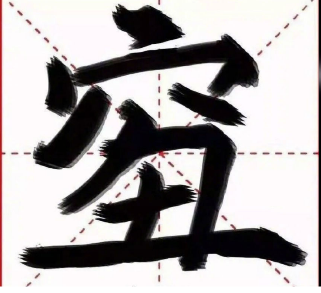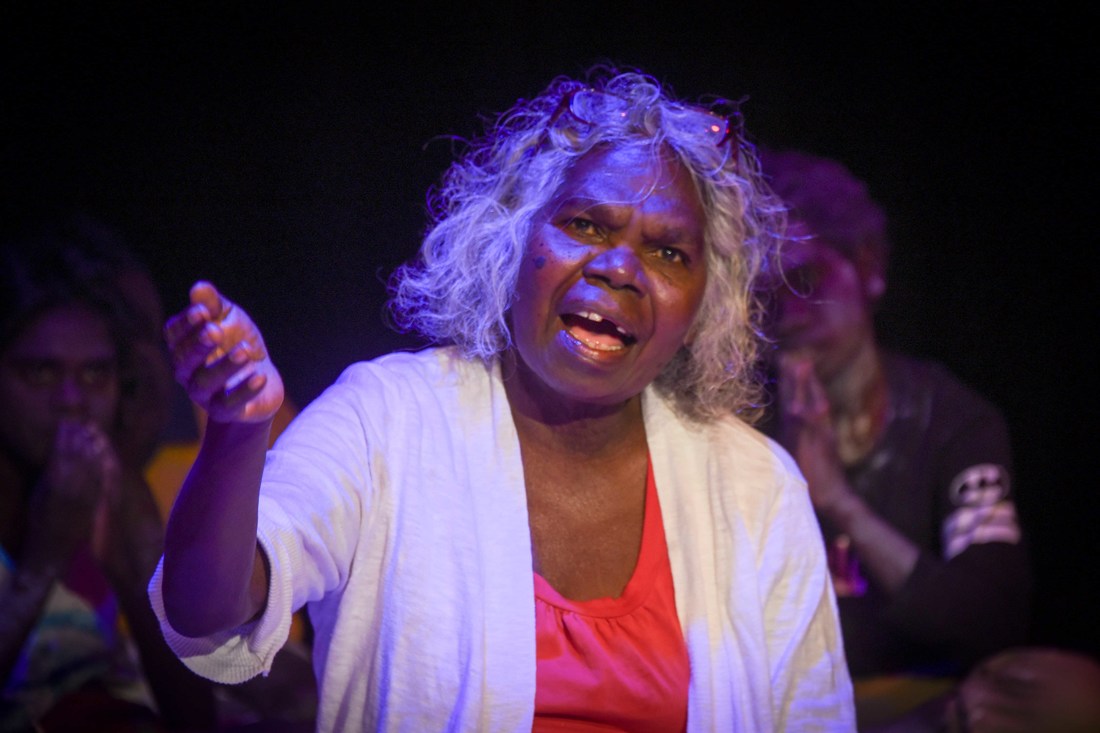This is a piece that I've been meaning to write for a long time, but never found the opportunity. Now, inspired by the season and about to embark on extended holiday travel, I'm determined not to put it off for yet another year.
The genesis of my ruminations on this topic are buried in decades-old tentative efforts to identify the fabulous creature known in Chinese myth as the qilin (Hanyu Pinyin), also spelled as ch'i2-lin2 (Wade-Giles Romanization) and kirin in Japanese, which the whole world knows as the name of a famous beer (fanciful, stylized depictions of the kirin are to be found on bottles and cans of the beer).
The qilin is usually referred to in English as a kind of unicorn, but I knew that couldn't be right, since no account of the qilin from antiquity describes it as having only one horn. The Chinese xièzhì 獬豸 ("goat of justice") does have a single, long, pointed horn, but that is another matter, for which see "Lamb of Goodness, Goat of Justice" (pp. 86-93) in Victor H. Mair, "Religious Formations and Intercultural Contacts in Early China," in Volkhard Krech and Marion Steinicke, ed., Dynamics in the History of Religions between Asia and Europe: Encounters, Notions, and Comparative Perspectives (Dynamics in the History of Religion, 1 [Ruhr-Universität Bochum]) (Leiden: Brill, 2011), pp. 85-110 (available on Google Books). Since customs pertaining to the goat of justice, as with the reindeer, existed in cultures spread across northern Eurasia, I suspect that an extra-Sinitic loanword may also be lurking behind xièzhì 獬豸.
Read the rest of this entry »




